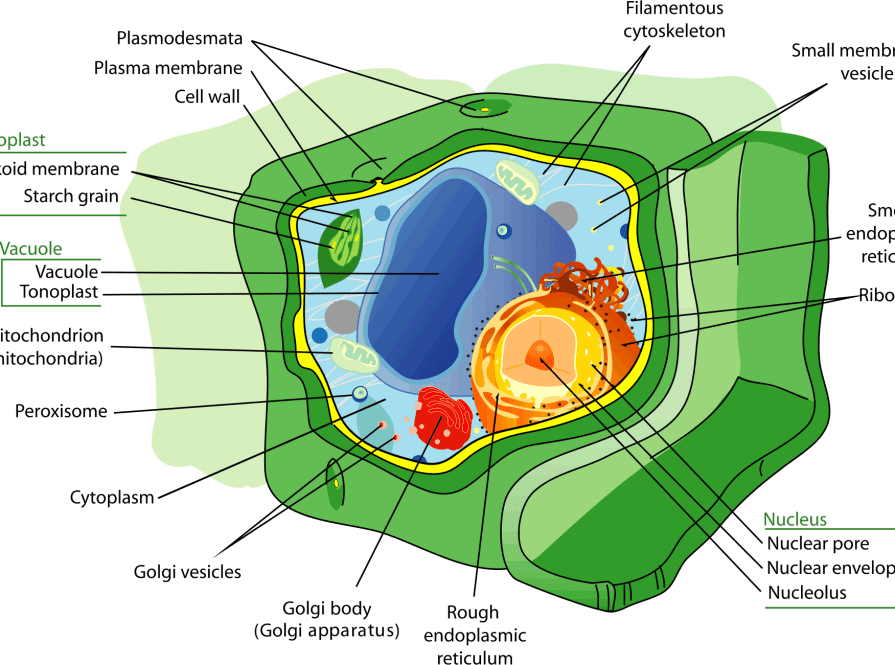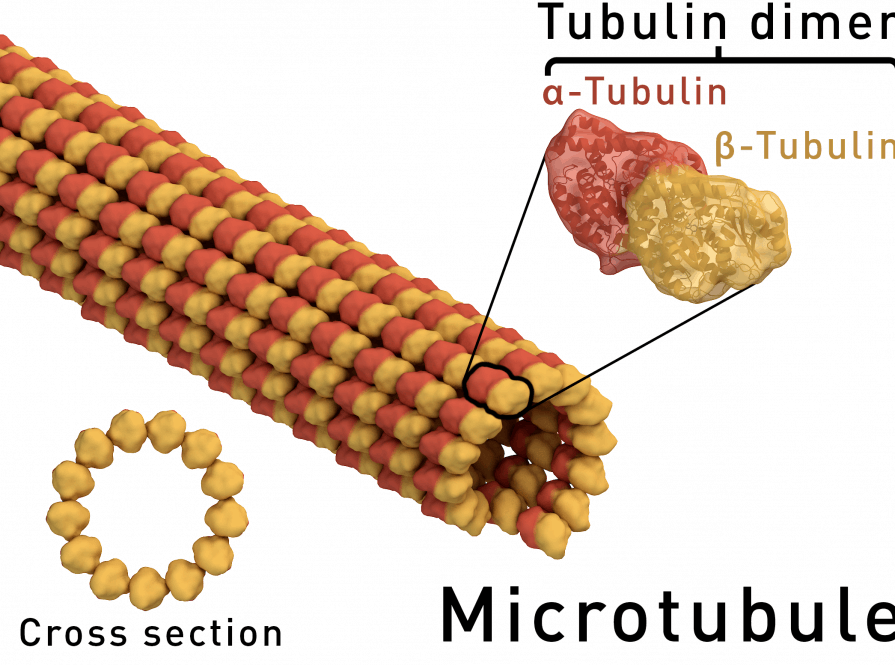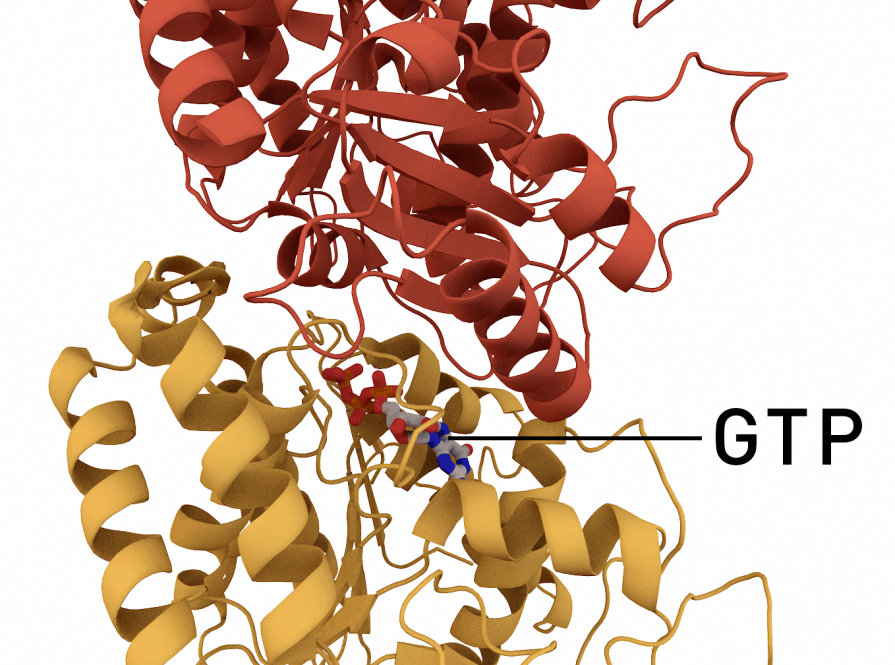Advanced materials, with a 5 billion-year advantage.



ZERO WASTE. ZERO GUILT.
OUR ZERO WASTE VISION
We know it won’t be easy but we’d like to set a new standard in sustainable design and manufacturing.
Essentially we believe in creating as little waste as possible. We aim to produce zero operational waste.
But our main objective is not just to have a ‘minimal’ impact on the environment –to be “less bad” so to speak– but in fact the opposite: the small amount of waste that we do generate has to benefit nature, not harm it.
How can we do that? Well, there is no such thing as waste in nature. Nature’s own philosophy is that waste equals food (one organisms waste is anothers’ food).
In the future we also hope to use waste byproducts and offcuts from other industries as a source material to ‘upcycle’ into more valuable resources. In other words, we are already trying very hard to be “waste negative” not “waste positive”.
We think that this is not only the right path to follow, we think that is the only path to follow.
That’s what we really mean by zero waste.
Sustainable manufacturing and design.
Ultimate sustainability
Environment before business.Designed to decompose.
Forward thinking.
Ecological design
Cradle to cradle manufacture.Elimination of toxins.
Biomimetic design.
Natural materials
Carbon negative materials.Extracting CO2 from air.
Natural engineering.
Advanced technology
No synthetic chemicals.100% organic fibres.
The eco age.
Biodegradeable materials
100% biodegradeable.100% compostable.
100% non-toxic.
Zero waste
Nature knows no waste.We reduce wastage.
The vision is 0.
Aesthetic solutions
Great problem-solving designs.No compromises.
Who says eco can’t be cool?
Mechanical properties
Strong. Stiff. Light.Tough. Insulating.
Non-magnetic.
Zen is in
Über minimalist designs.Products the world needs.
Less really is more.
PROBLEMS
One of the big problems our society faces today is that people are consuming more resources than ever before. And while the rate of 1st world consumption appears to be slowing down, the rate of consumption in the second and third worlds is speeding up. Earth’s resources are fast running out!
If that weren’t bad enough, we have to deal with overpopulation, climate change, habitat destruction and species extinction. On top of that we have air, land and water pollution as well.
There are a limited number of chemical and mineral deposits on this planet. Resources are finite. Except people are still using them up like there is no tomorrow.
All synthetic materials are mined from somewhere on the Earth’s crust. And all mines reach a peak capacity before further extraction becomes unviable or uneconomical. After that they close a mine down and do further exploration.
Understandably, nobody today wants to volunteer to build a mine in their backyard. Yet forests and oceans can’t adequately protect themselves from investors, so it’s always the natural zones that are most at risk of mining exploration & ultimately extraction.
But what happens in a couple of hundred years’ time when we can no longer mine anywhere new because of even greater urbanisation? Will we have to sacrifice even more natural areas in order to feed our incessant desire for consumerism? Does humanity really want to live in a world without any natural protected spaces? Imagine a world without rainforests or reefs.
We do not like the thought of that. Yet it is already happening.
It’s clear that we as an entire civilisation are not doing enough –not thinking enough– about our addiction to materials. We need to restrict the use of technical nutrients that are currently lost to landfills and preserve those raw materials which have fewer (or inferior) alternatives. In general, we need to consume much less. We need to return to a culture of the basic needs, without all the wants.
CHALLENGES
We believe that the entire manufacturing industry should be looking much, much further into the future than it does now. Given that we live on a finite world and there are millions of synthetic chemicals in existence and most of them are toxic to life in one way or another, we think humanity itself faces a prodigious problem in the next few centuries.
We are materials scientists. Here are the list of actions we know have to happen: we have to consume far less than we do now; we have to shift towards completely renewable energy sources and materials; we have to be able to separate organic and inorganic components and effectively be able to reuse them forever; we have to reduce waste until we begin to yield zero waste, or indeed, be able to use more waste than we generate.
SOLUTIONS
We believe that rather than feel guilty about consumerism, with a few radical shifts in the manufacturing process, we can actually make people feel good about purchasing things again — about contributing towards a better planet and better future for everyone.
We know that the bigger a company is, the less any sort of environmental or social responsibility seems to ensue. Hence, we’d like to remain small. We’d like to show our customers some of our manufacturing and recycling processes and to generally be much more transparent in that respect — so that people can see what they are buying and whether it affects the world or not in some small way.
We’d also like to put some of our profits directly back into conservation efforts. Let’s just say that we know where our oxygen comes from. What else? Well, we’d definitely like to “be the change you wish to see in the world”.
Not only do we believe that all of this can be achieved, we’re already doing it.
